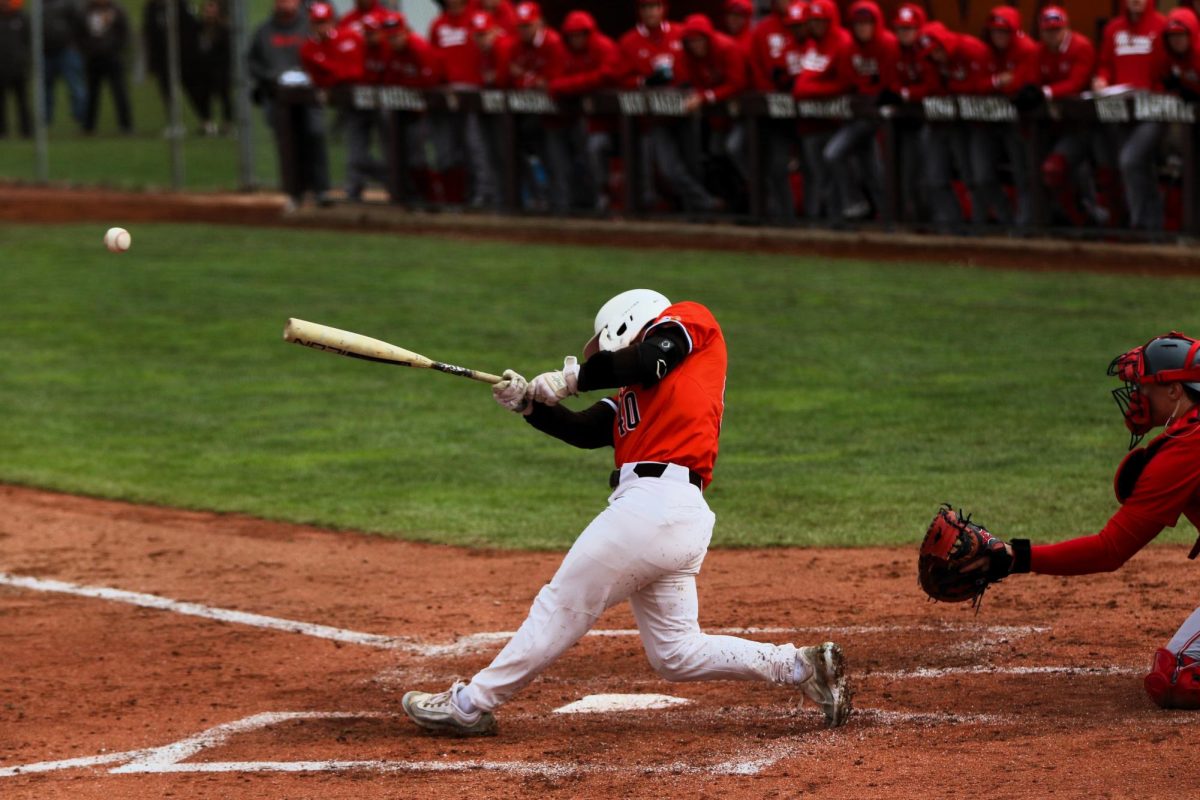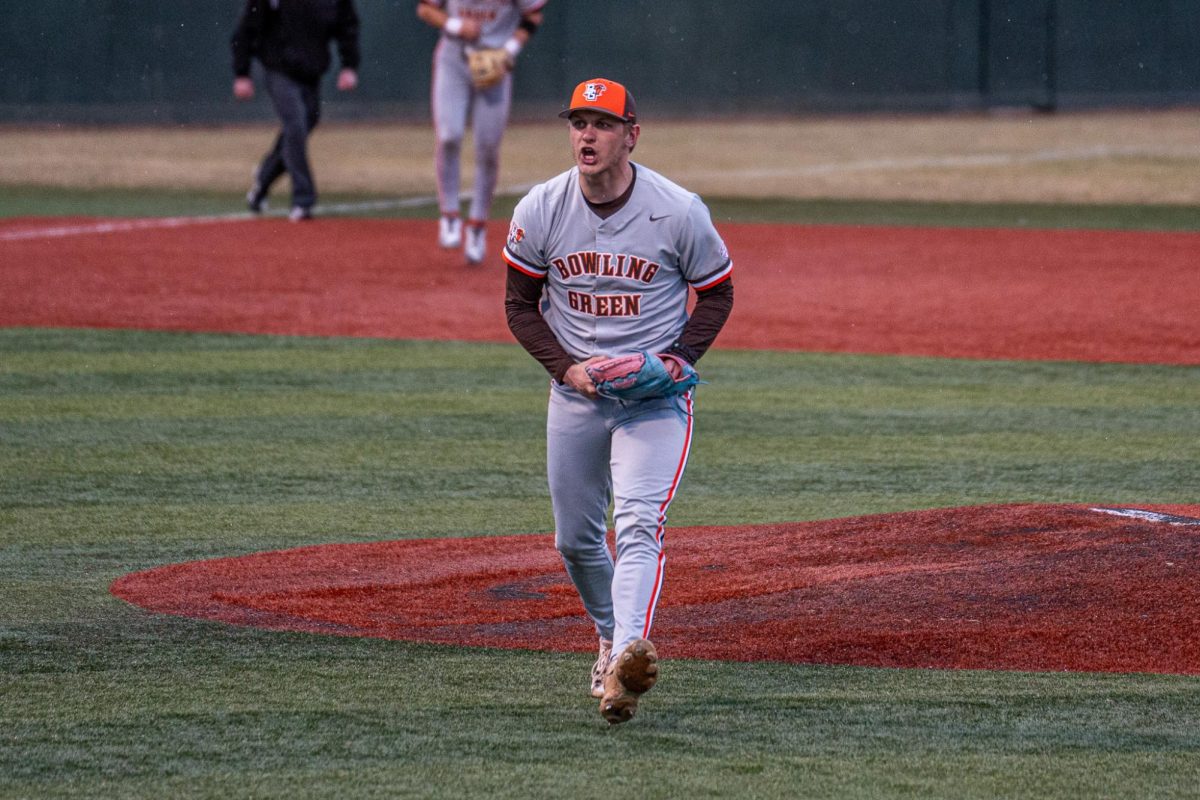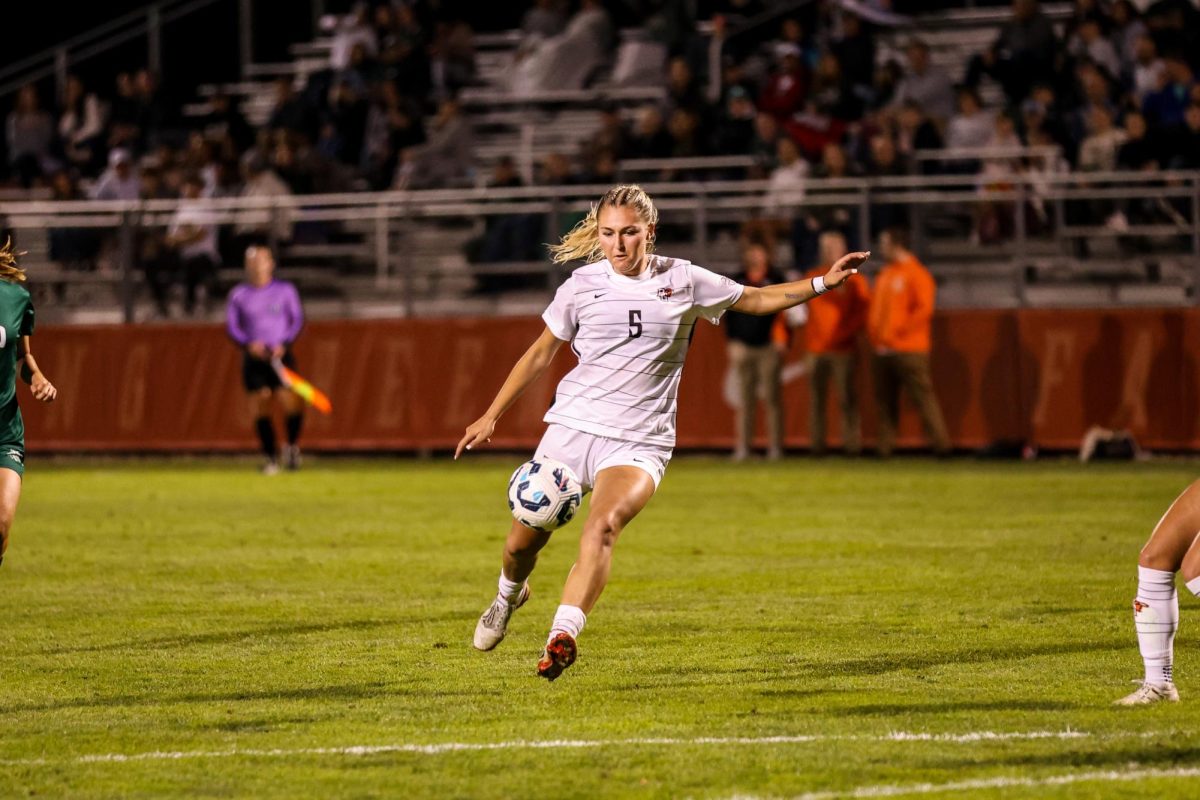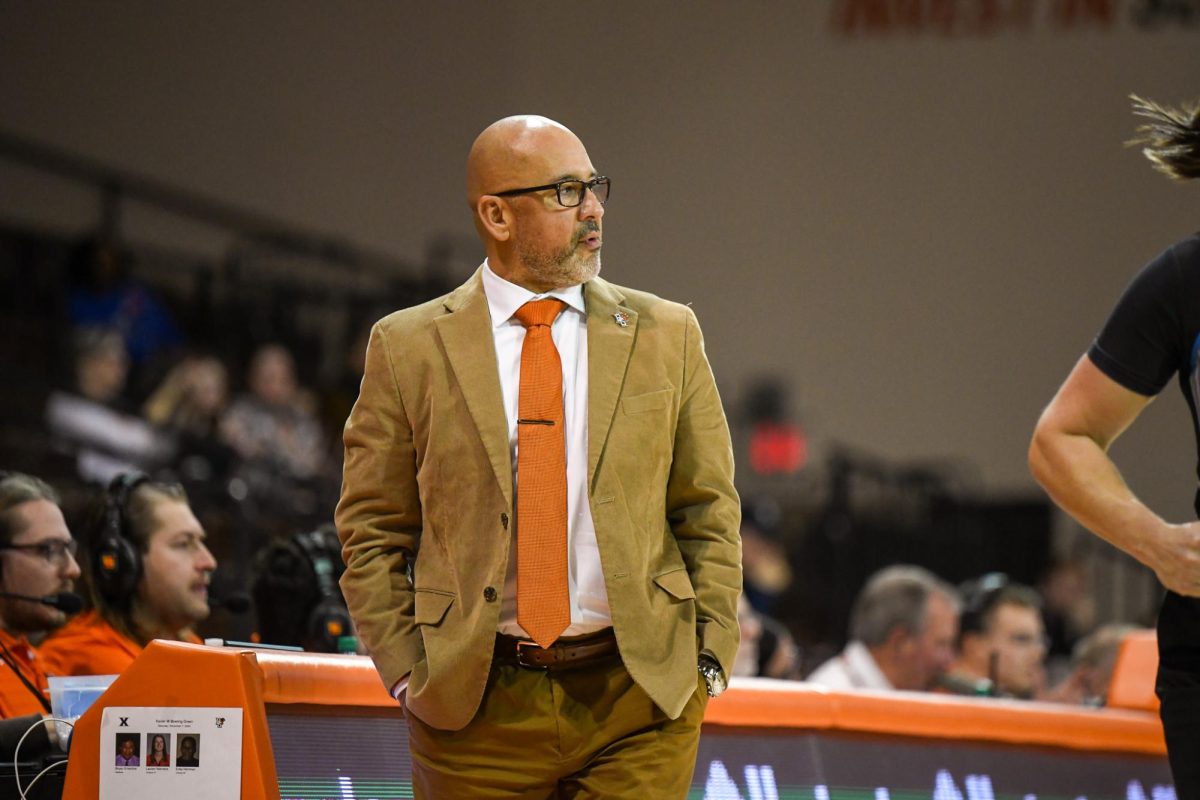If you woke up Monday morning not knowing who Jason Collins is, chances are you are not alone.
And, if you spent any part of Monday on the Internet, chances are you now know who he is and why he will be remembered for a long time.
Monday afternoon, in a brilliantly written piece for Sports Illustrated, Collins became the first active athlete in a major professional sport to come out as gay. He played for the Boston Celtics of the NBA this past season.
In the piece, co-written by Franz Lidz, Collins opened his piece bluntly: “I’m a 34-year-old NBA center. I’m black. And I’m gay.” He went on to talk about how he often struggled with the decision to come out, how his “double life” has kept him from getting close to any of his teammates.
He talked about how several times — mentioning specifically when his former college roommate, Massachusetts Congressman Joe Kennedy, marched in Boston’s Gay Pride Parade in 2012 and the Supreme Court hearings on same-sex marriage in March — he wanted to come out, but didn’t want to draw suspicion to himself.
But now, he’s free from that. He can now be himself without worrying about hiding. And hopefully, his revelation will allow other gay athletes to feel comfortable about coming out as well.
The outpouring of support on Twitter for Collins was heartwarming. Former President Bill Clinton, NBA players Kobe Bryant, Barron Davis and Steve Nash, to name a few, took to their social media pages to offer their support for Collins.
Professional athletes saying they would support a gay teammate isn’t necessarily a new thing. For several years, the You Can Play Project has worked to ensuring equality, respect and safety for all athletes, without regard to sexual orientation.
You can go to their website, YouCanPlayProject.org, and find videos of coaches and players from both colleges — like UCLA, UConn and Colorado College — and professional teams — like the Boston Bruins, Los Angeles Kings and DC United — voicing their support for the campaign.
Regardless of these pockets of support, as well as the fact that homosexuality is more widely accepted than it was 10 years ago — Collins said he was glad that he was coming out in 2013 as opposed to 2003 — what Collins did Monday took immense courage.
He conceded in his piece that he doesn’t know how he would be accepted. While he has received great support thus far, there have been recent past instances of blind bigotry that still may hinder gay athletes from coming out — most notably, San Francisco 49ers cornerback Chris Culliver saying at Super Bowl media day that gay teammates, “can’t be in the locker room,” and should, “come out 10 years later after that.”
Hopefully Collins coming out helps influence more closeted gay athletes to do the same. No one deserves to be persecuted because of his or her sexual orientation; no one should have to live their lives in secret.
This isn’t about your views on same-sex marriage; it’s about common decency, about treating other people the way you would want them to treat you.
Collins acknowledged that fans will probably heckle him, but he can deal with it because he’s, “been booed before.”
But hopefully, they heckle him because he’s simply an opposing player, not because he’s a basketball player who happens to be gay and just wants to pursue his own happiness.
Hopefully, this will be the start of a new age, where gay athletes are comfortable in being open about their sexuality, and where straight athletes accept them for that and see them as just another teammate.






